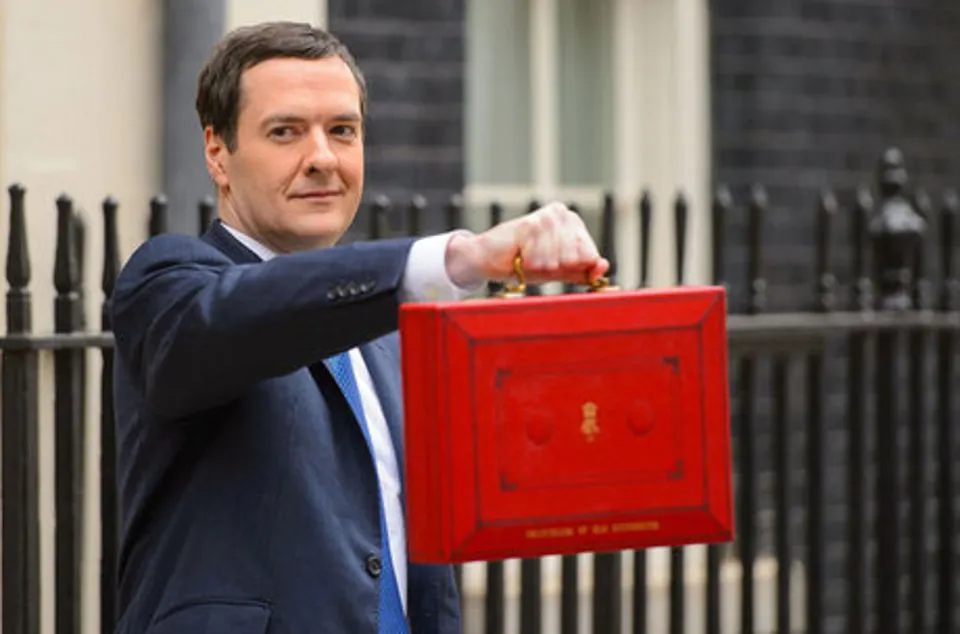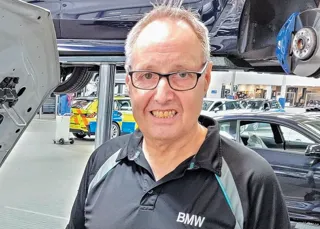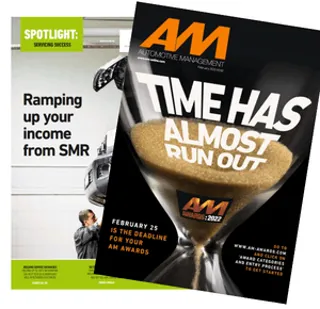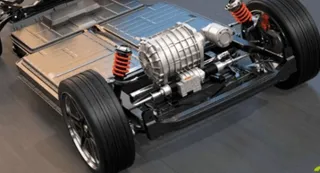George Osborne MP steered away from a rise in fuel duty for the sixth year in a row as he introduced tax reforms aiming to boost individuals’ savings and preserve incomes in his 2016 Budget.
But as the Chancellor of the Exchequer said that his plans would make Britain a “force for stability” the Office for Budget Responsibility revised down the immediate outlook for UK growth from 2.2% in 2016 and 2.5% in 2017 to 2% and 2.2% respectively.
The Chancellor said that he would not take money from the pockets of working people by punishing falling fuel prices with additional duty on fuel, adding: “This represents a saving of £75 per year for the average driver and £270 for the average business with a van.”
AA president Edmund King said: "We are delighted that the Chancellor has resisted the temptation to increase fuel duty, which will bring relief at the pumps for millions of motorists."
While franchised dealers generally aren’t small businesses, many will have them as customers, so may benefit indirectly from changes to business rates which will benefit around 250,000 small businesses by up to £6,000 per year and take a further 600,000 small businesses out of business rates completely. And from 2020 increases in business rates will switch from the higher RPI inflation rate to the low CPI inflation. Osborne promised the administration of business rates would also be simplified.
Elsehwere in his budget the Chancellor said that 31 million people would benefit as he continued to raise the tax-free allowance – due to rise to £11,000 in two weeks time – to £11,500 in April next year.
Many who currently pay the top, 40p tax rate for higher earners will soon fall into the lower 20p tax band thanks to changes which will see the rate only apply to those earning above £45,000, meanwhile. The current 40p tax band applies to anyone earning above £42,385.
While pension reform was off the agenda in this year’s Budget, Osborne said that he was introducing a “new solution” for savers in the form of a new Lifetime ISA.
While raising the ISA limit to £20,000 from next April – from its current upper limit of just above £15,000 – Osborne said that the government would also introduce the new Lifetime ISA concept which would see savers aged under 40 receive £1 from the government in return for every £4 saved until the age of 50.
Osborne said that this would mean that many people would “no longer have to have to choose between saving for a new home or for retirement”.
However Alistair Kendrick at MHA warned this may mean that some people who currently treat themselves to a new car because of the little interest currently earned on their savings could now be incentivised to put their cash into the new Lifetime ISA instead.
Among reforms of the education sector which will see all schools become academies, or be in the process of become academies, by 2020, the Chancellor also introduced the compulsory teaching of maths up until the age of 18.
The Scottish oil industry, meanwhile, benefitted from the abolition of the petrol revenue tax and the halving of the rate of supplementary oil and gas charges from 20% to 10%.
The North Sea industries have been struggling due to the recent fall in the price of oil and gas.
At ASE, chairman Mike Jones said: "Given the current excess supply of new vehicles being pushed into the UK, anything that improves consumer income has a positive effect on the outlook for the industry.
"The Chancellors’ announcements concerning an increase in the personal allowance and improvements to tax free savings will increase disposable income. In addition, if we are really lucky, people may use the reduction in the capital gains tax rate as an excuse to cash in on assets and buy cars.
"Overall it appears a mixed budget for motor retailers. The Fuel Duty freeze is a positive step, particular for consumer sentiment however, the increase in Insurance Premium Tax could further hit sales of insurance related products."
He said as today’s announcements have been made against the backdrop of the EU referendum, and are based on a “no” vote for Brexit, if instead the UK votes to leave the EU, this could be a short-lived Budget as a complete downgrade to the forecasts will be required.
Rupert Pontin, head of valuation at Glass's said: "Here is nothing here that will cause us to change our view that 2016 will be a strong year for the motor industry.
“It is also worth mentioning that the backdated tax cuts for the UK’s oil and gas industries could be good news for dealers in Scotland, some of whom have been coming under pressure on a localised basis."


















Login to comment
Comments
No comments have been made yet.